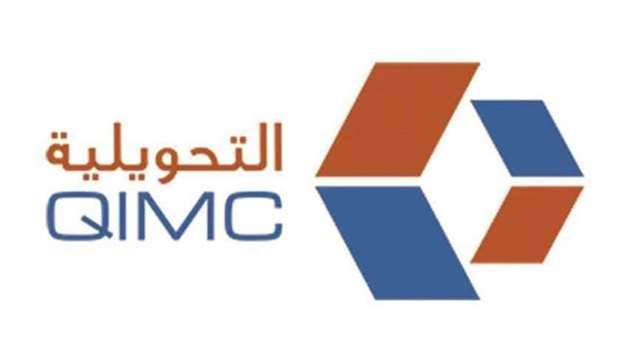Qatar Industrial Manufacturing Company (QIMC) is planning to foray into manufacturing of float glass with an initial estimated investment of QR700mn.
The 600-tonnes-a-day project — a vital for buildings, automobile industry and solar energy panels — if found feasible, is expected to save import bills of Qatar.
The 600-tonnes-a-day project — a vital for buildings, automobile industry and solar energy panels — if found feasible, is expected to save import bills of Qatar.
In this regard, QIMC signed a memorandum of understanding (MoU) with the US-based Stewart Engineers (SE) to study and evaluate the project.
QIMC and SE will embark on the following months on conducting a technical and economic feasibility study for the project based on SE’s advanced technology and QIMC’s operational and marketing experience which has proven its success in the past years.
The MoU was signed by QIMC chief executive Abdul Rahman al-Ansari and Andrew Stewart, chief executive of the US firm, in the presence of HE the Minister of Economy and Commerce Sheikh Ahmed bin Jassim bin Mohamed al-Thani, and Anne Patterson, chairman of the US-Qatar Business Council.
The signing ceremony took place as part of the ongoing visit of official Qatari Business delegation to the US to promote business co-operation between the two countries.
The MoU aims at evaluating the project from technical and economic aspects and eventually preparing the detailed engineering design for its implementation, if it is proven to be feasible.
The project will produce float glass sheets which are used in various applications such as buildings, automobile industry and solar energy panels. Currently, Qatar is importing its entire glass sheets requirement from other countries.
The project is important to Qatar and will serve its strategic plans by developing and diversifying its national economy. It will provide necessary products for the construction industry and will create downstream business opportunities.
A part of its production is also expected to be exported. The project is estimated to create nearly 250 jobs, thus supporting the national economy. The total area required for the project is about 150,000sqm out of which 50,000sqm is the covered area.
Qatar, being a major world producer of natural gas with all the government provided incentives and support, is best suitable for the project as it will consume a considerable quantity of natural gas for melting of its raw materials like local sand.
QIMC and SE will embark on the following months on conducting a technical and economic feasibility study for the project based on SE’s advanced technology and QIMC’s operational and marketing experience which has proven its success in the past years.
The MoU was signed by QIMC chief executive Abdul Rahman al-Ansari and Andrew Stewart, chief executive of the US firm, in the presence of HE the Minister of Economy and Commerce Sheikh Ahmed bin Jassim bin Mohamed al-Thani, and Anne Patterson, chairman of the US-Qatar Business Council.
The signing ceremony took place as part of the ongoing visit of official Qatari Business delegation to the US to promote business co-operation between the two countries.
The MoU aims at evaluating the project from technical and economic aspects and eventually preparing the detailed engineering design for its implementation, if it is proven to be feasible.
The project will produce float glass sheets which are used in various applications such as buildings, automobile industry and solar energy panels. Currently, Qatar is importing its entire glass sheets requirement from other countries.
The project is important to Qatar and will serve its strategic plans by developing and diversifying its national economy. It will provide necessary products for the construction industry and will create downstream business opportunities.
A part of its production is also expected to be exported. The project is estimated to create nearly 250 jobs, thus supporting the national economy. The total area required for the project is about 150,000sqm out of which 50,000sqm is the covered area.
Qatar, being a major world producer of natural gas with all the government provided incentives and support, is best suitable for the project as it will consume a considerable quantity of natural gas for melting of its raw materials like local sand.

